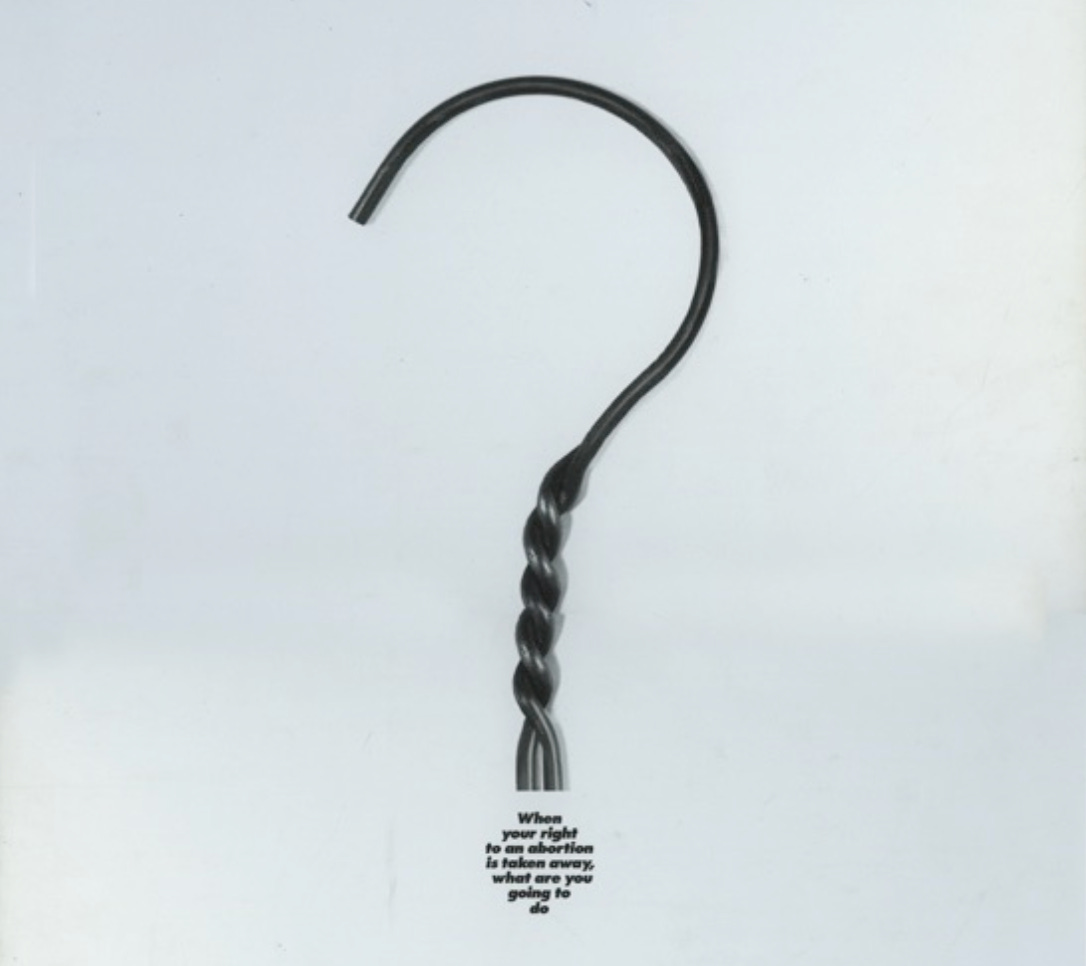What Happens When Roe Ends
A preview of Day One in a post-Roe America
Image via the Pro-Choice Education Project
Overturning Roe v. Wade, abortion opponents and the robed theocrats of the Supreme Court tell us, isn’t such a big deal. It will simply toss the question of abortion back to the states. The truth is that as soon as Roe goes, antifeminists will begin pushing for a nationwide ban, and since the Republican Party has stripped away so many democratic safeguards, there’s a non-zero chance they’ll get there.
But let’s talk about what happens the day the Supreme Court releases its opinion overturning Roe, assuming the Supreme Court overturns Roe.
If you’re in Texas, on Day One of a post-Roe America, you cannot get an abortion even if you’re raped. You cannot get an abortion if it threatens your health. You cannot get an abortion if you’re the victim of incest. You cannot get an abortion if you’re an 11-year-old girl who has been raped by her grandfather. (This isn’t a random made-up scenario; it’s the story of a little girl in Bolivia, who was a target of the anti-abortion movement and the Catholic Church). You cannot get an abortion if being forced to have a baby will drive you to suicide. You cannot get an abortion if your fetus has genetic abnormalities incompatible with life, or the kind of medical problems that will guarantee your child’s life will be brief and horrifically painful. You can only get an abortion if a pregnancy will kill you or poses “a serious risk of substantial impairment of a major bodily function.” If pregnancy poses a risk to a regular bodily function, I guess you’re out of luck. Performing an abortion in Texas is a first-degree felony, punishable by a sentence as harsh as life in prison. Oh and Texas defines abortion in such a way that, according to the same anti-abortion groups behind the law, it could cover IUDs and many other forms of contraception.
If you’re in Arkansas, you can not get an abortion except in the case of a life-threatening emergency. So if you experience what Savita Halappanavar did in Ireland — an incomplete miscarriage — you cannot have an abortion until there is no longer a fetal heartbeat or until you, like Savita, go into septic shock, at which point it may be too late (it was too late for Savita, who died in the hospital because, thanks to Ireland’s then-ban on abortion, doctors refused to adequately treat her). If an anti-abortion prosecutor decides that a doctor was too aggressive in treating you — if they helped you complete a miscarriage, for example, or performed a life-saving abortion before you entered a state of acute medical emergency — they could be fined $100,000 and go to prison for as long as 10 years. You can see how doctors will be incentivized to treat pregnant women who are in medical distress.
If you’re in Missouri, you also can’t get an abortion unless it’s a medical emergency. So, for example, if you were raped at the age of 13 by your father, you would still be forced to give birth — unless, of course, your underdeveloped body didn’t cooperate and you nearly died. Hopefully an abortion wouldn’t come too late. Pregnancy, after all, is the number-one killer of adolescent girls worldwide.
Keep reading with a 7-day free trial
Subscribe to Jill Filipovic to keep reading this post and get 7 days of free access to the full post archives.

